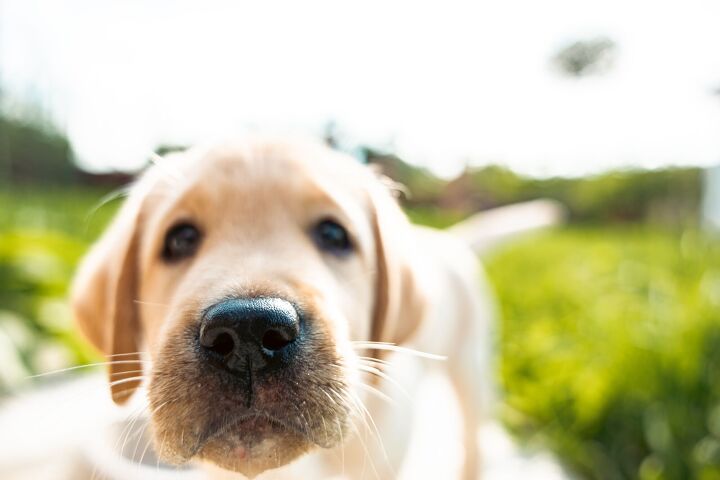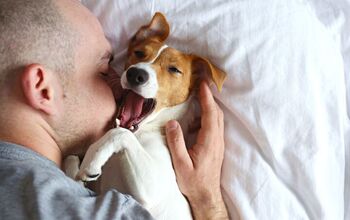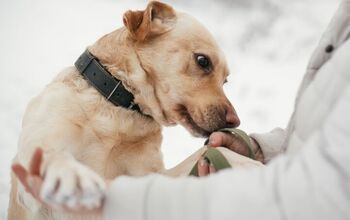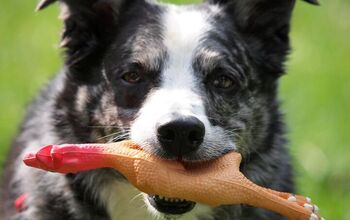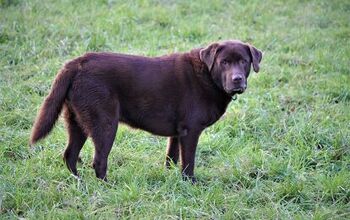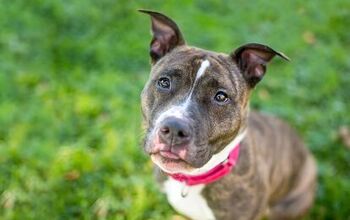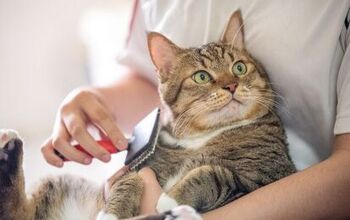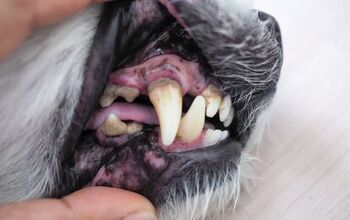Scientists Found a New Type of Training that Makes Dogs Better Behaved

Training a dog can seem intimidating, and doesn’t always yield the expected results. Luckily for all dog owners out there, a new study has found another way to train your four-legged companion.
Scientists at Aberystwyth University, located in Wales, United Kingdom, have discovered that scent training could improve pet dogs' behavior. The study shows that pet dogs trained to detect scents have a better mental ability and capacity to carry out certain tasks.
Previous research only compared highly trained working dogs, like assistance dogs or search and rescue dogs, with untrained pet dogs. Now, for the first time, the researchers have tested the effects of scent training on two groups of untrained dogs.
A research team from Aberystwyth University led the study in collaboration with Emma Stoker, owner of Puppy Plus, a dog training company based in Newton, Wales.
The study involved 40 dogs of varying degrees of training, whose owners were asked to fill out a questionnaire with basic information about their pet. Researchers gave the dogs two tasks, both requiring impulse control.
In the first test, called the “detour task”, the dogs needed to navigate a transparent barrier to get food. The second “A not B task”, tested the dogs’ ability to switch their choice from one pot to another, depending on where food was placed.
Researchers separated the dogs into two groups to see whether their ability to detect scents would improve their cognitive ability.
The dogs in the first group were given the “detour task” and had to navigate around a transparent barrier to get a treat. In the second group, the researchers said “Look” to the dog to get its attention and then showed it a treat before hiding it under a pot.
Dogs in the second group underwent scent training, separated into three phases - familiarization, training, and test phase. In the first phase, only one pot was used. In the training phase, two pots were used, and in the final, test phase, three pots were used.
Pate scent was rubbed on all pots to make it harder for the dogs to sniff out where the treat was hidden. If the dog didn’t respond within 20 seconds of being released to find the treat, or if it picked the wrong pot, the dog was shown the treat but wasn’t rewarded.
Researchers discovered that dogs who received scent training performed the tasks more efficiently than those who weren’t trained. The study also showed that scent training improved dogs’ inhibitory control and helped them focus on completing a specific task.
What’s important for dog owners to know is that poor impulse control is believed to be the main cause of a lot of unwanted behaviors in dogs, such as house soiling and destructive behavior. This new study suggests that scent training could help owners improve their dogs’ behavior.
Dr. Sarah Dalesman, the co-author of the study, said: “This research shows that dogs that train primarily in scent work have stronger inhibitory control, suggesting that this training can have a positive effect on their behavior.”
“Scent training is offered by a lot of dog trainers, and easy to practice at home. It might offer a great way for owners to improve their pets’ behavior, and we’re aiming to test this theory in future studies.”
If scent training isn’t compatible with the way your pup learns, you can try agility or puzzle training. Puzzle training provides mental and physical stimulation and can come in handy when a dog needs to stay home alone or confined.
Agility training is another option. Agility is a sport in which you direct your dog through a pre-set obstacle course allowing them to gain problem-solving skills.
Try different training activities with your dog to find out what you and your pooch enjoy doing together the most.
Join the PetGuide community. Get the latest pet news and product recommendations by subscribing to our newsletter here.

Nevena is a freelance writer and a proud mom of Teo, a 17-year-old poodle, and Bob, a rescued grey tabby cat. Since childhood, she had a habit of picking up strays and bringing them home (luckily, her parents didn't know how to say NO). When she's not writing for her fellow pet parents, Nevena can be found watching Teo sleep. To her defense, that's not as creepy as it sounds!
More by Nevena Nacic



